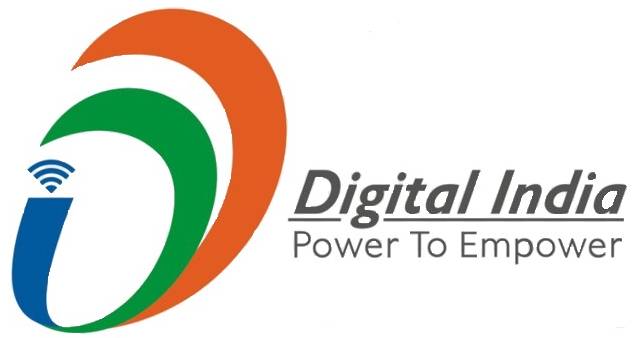Several years ago, the noted educationist Paulo Freire pointed out that there is no such thing as neutral education. Any education, to be meaningful, has to fit into the context of the society in which it is given and which is relevant to the times. In the context of the multiplicity and the rapidity of the changes that are taking place, the students need to know and understand the contexts in which they are living today and the demands that will be made on them, in the immediate future, to fit into the changing patterns of society. SEWA aims to develop a whole person in their intellectual, personal, social, emotional and social growth. Learners engaged in this program are expected to be life-long learners and through experiential learning develop as active citizens and caring and compassionate humans. The experiential and constructive modes of learning emphasize the immediate personal experience of the learner and view learning as a process. SEWA takes learning beyond the walls of the classroom and sometimes even beyond the boundaries of the school, building bridges with the authentic and real world in meaningful and positive ways. The following maybe noted with regard to SEWA:
• SEWA is an integral component of HPE.
• This aspect aims to focus on the mental/emotional and social health of the child
• All students of classes IX to XII (for XII, only till end of the first semester/ term) will participate in SEWA program around the year.
Objective: There is an urgent need to foster strong mental and social health amongst today’s children so that they can connect with their peers, their elders, the community, the environment, etc. The main objective of the SEWA projects is to direct children’s mind in constructive activities with positive outcomes through the facilitation of creative and critical thinking. This would help them to develop self-confidence and self-esteem. Another objective of this programme is to underline the significance of the interdependence of all human beings and our dependence on the environment in this shrinking global village. Students must acknowledge that they have a responsibility towards the less privileged, the disadvantaged, the CWSN (Divyang), the society, and the environment. The principle of giving to society has to become second nature to them.
The SEWA Philosophy: SEWA is all about social or community service; it can include environmental, civic responsibilities or democracy or health and fitness related projects, international and other projects too, as long as the project is able to connect the child to his surroundings or to a cause, and is able to generate a sense of responsibility towards it (even if it is towards health and fitness of the class itself). The Social Empowerment component to a large extent inspires SEWA philosophy, which in the Indian environment refers to the concept of service to the community.


